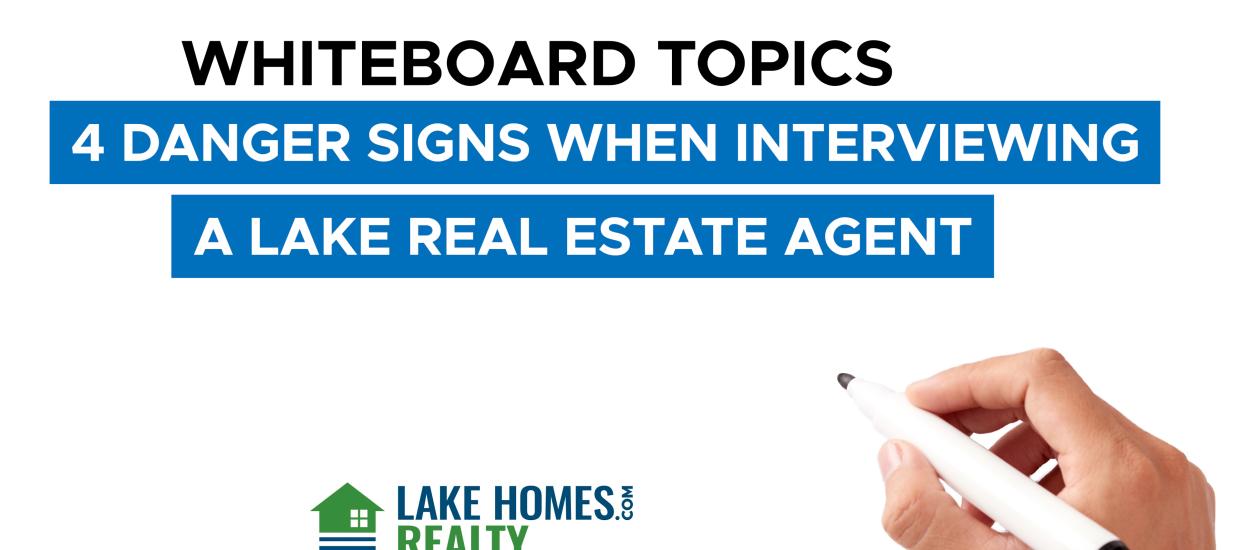The time has come and you’re ready to buy a lake home. You might be asking yourself, “What lake makes for the best lake home purchase?” When it comes down to it, it all just depends. A lot of people who purchase lake homes on specific lakes do it for a plethora of reasons. Hear what Glenn Phillips, CEO of Lake Homes Realty, has to say when it all boils down to deciding which lake to call home.
- Depends: It’s Personal: Picking between Lake A and Lake B is a personal choice. Because of this, you have to narrow down the things you would want from living at the lake. Lake homes vary widely, from environments to the reasoning behind the purchase and many other factors.
- Full-Time or Part-Time: Are you planning on making this home your full-time residence? If so, you’ll more than likely have different needs than a part-time resident. For example, if you plan on living there part-time, you might want to consider a home with extra space for storing items during the off-season.
- Accessibility: Does it take 30 minutes or 2 hours to get there? Sometimes you will have lakes where you can see the other side, but in order to get to your home, it’s a 45-minute drive. You will also need to consider the terrain as well as the road conditions from your home to major access points.
- Quiet or Busy: Some lakes are more populated than others. Depending on your preference, you will need to choose between a lake area that is busy versus one that is quieter and laid-back.
- Seasonality: Some lakes are considered “full pool” meaning the water level doesn’t drop significantly. The lakes that do fluctuate are typically used for flood control, which can limit water activities. Also, depending on which region of the country the lake is located in, you might find lakes that completely freeze over during the winter season. In this case, you will need to winterize your home.
- Affordability: Lake homes are niche properties that are different from your typical residential home. Knowing what you can realistically afford will help narrow down options for both properties and locations. Keep in mind that location can significantly add to your overall lake home cost.
- Date the Lake: Plan to take a trip to a lake you might be looking at. Stay there for a weekend or multiple weekends at different times of the year. This can significantly help in getting to know your way around the area and lake.
The bottom line when choosing which lake to pick from all comes down to what you’re looking for. Buying a lake property is a choice that needs to align with your lifestyle. If you’re still on the fence about it or would like more assistance navigating it, head on over to LakeHomes.com. We have lake agents from all over the country who are experts in their market. They can help you navigate the homebuying journey and find your dream lake home!









